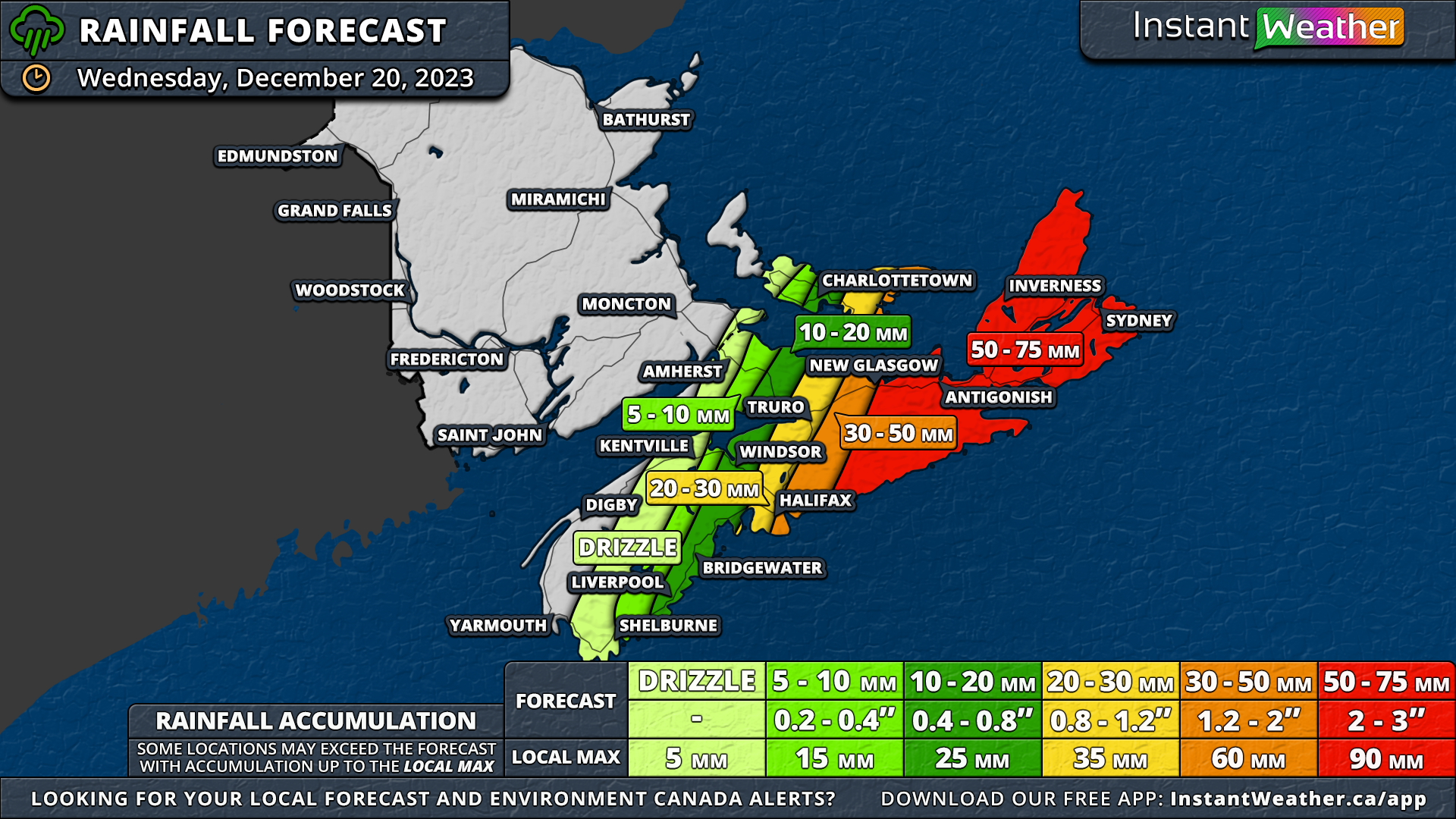UPDATE: Clear Conditions Across the Maritimes Will Be Ideal for Monday's Total Solar Eclipse
/It is now less than 24 hours until the total solar eclipse that will cross the skies over the Maritimes and being this close to the event, we’re very confident in what the conditions will be for viewing the eclipse. The Maritimes will be lucky enough to have the path of totality to cross the region so clear skies are absolutely crucial in order to properly experience this once-in-a-lifetime event to its fullest with the drastic loss of sunlight, a drop in temperature and the visibility of the Sun’s corona.
Safety Warning
In order to safely enjoy the eclipse, it's crucial to use ISO 12312-2 certified solar glasses. Directly looking the sun, even during an eclipse, can cause serious, and possibly permanent, damage to your eyes. You can only view the eclipse without the glasses during the few minutes of totality. Solar glasses are designed to block harmful solar radiation and protect your eyes while allowing you to safely witness the event.
Never use makeshift viewing solutions like sunglasses or homemade filters, as they do not offer adequate protection against the sun's rays. Also, remember that the same rules apply to taking pictures with your phone. The sun can damage your camera’s sensors if you don’t have the proper solar filter (such as the same solar glasses for your eyes).
Your Guide to the Eclipse:
Our initial forecast showed that most of the Maritimes would be under clear or mostly clear skies for Monday afternoon, with the possibility of clouds building in Northern New Brunswick and into Prince Edward Island. The overall outlook of clear skies remains, but the location of brief scattered clouds has changed. New Brunswick and PEI are no longer under the threat of any clouds, but now it is Nova Scotia that is expecting to see clouds. This does not mean that eclipse viewing chances will be ruined for those in Nova Scotia; the clouds will be very short-lived and are expected clear just in time for peak Sun coverage across the province, shortly after 4:30pm.





























